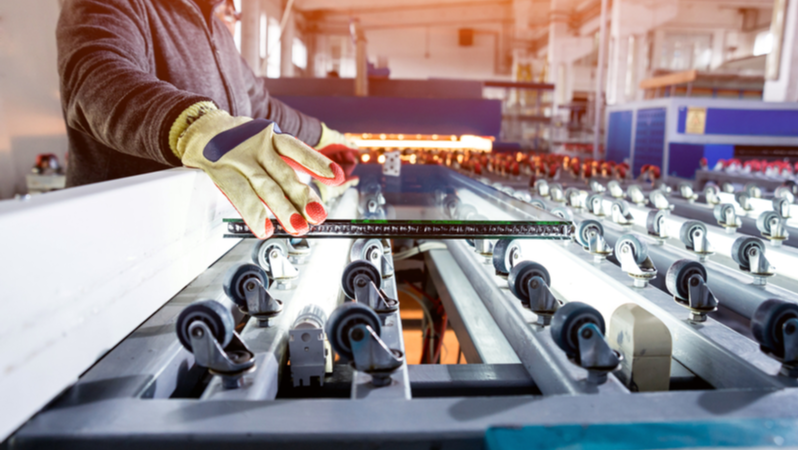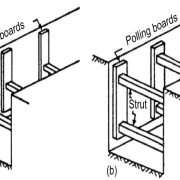Water treatment facilities serve as critical infrastructure protecting public health and environmental quality through the processing of billions of gallons of water daily. These facilities operate complex mechanical systems including pumps, blowers, mixers, and clarification equipment that must function reliably while exposed to chemicals, moisture, and varying environmental conditions. The lubrication requirements for water treatment equipment present unique challenges due to the combination of corrosive environments, regulatory compliance requirements, and the critical nature of uninterrupted water service. Kernow Oils provides specialized lubrication solutions designed for the demanding conditions found in municipal and industrial water treatment operations.
Wastewater treatment operations expose equipment to particularly aggressive environments containing hydrogen sulfide, ammonia, and various organic compounds that create corrosive atmospheres. Aerator drives, mixer gearboxes, and pump systems must operate reliably despite exposure to these corrosive gases while maintaining the performance required for effective biological treatment processes. Lubricants with enhanced corrosion inhibitor packages become essential for protecting equipment components from atmospheric attack while maintaining reliable operation.
Chemical feed systems require precise operation to maintain proper water chemistry while handling aggressive chemicals including chlorine, sulfuric acid, and various coagulants. Metering pump drives, mixing equipment, and valve actuators must operate with exceptional reliability since any failure can affect water quality or create safety hazards. The lubricants protecting these systems must resist chemical attack while providing the consistent performance required for accurate chemical dosing.
High-service pump stations that distribute treated water throughout municipal systems operate under demanding conditions with varying flow requirements and pressure demands. These pumps must start reliably and handle load variations while maintaining efficiency standards that affect energy costs. Bearing lubrication becomes critical for pump reliability since any failure can interrupt water service to entire communities while creating emergency response situations.
Clarification equipment including clarifiers, thickeners, and filtration systems must operate continuously while handling varying water quality conditions. Drive mechanisms for these large, slow-moving systems face challenges from high humidity environments and potential contamination from process water. Specialized lubricants with exceptional water resistance and long-term stability become essential for maintaining equipment reliability in these applications.
Sludge handling systems process concentrated waste streams that create challenging operating environments for mechanical equipment. Conveyors, pumps, and dewatering equipment must handle abrasive materials while operating in high-humidity conditions with potential exposure to corrosive compounds. The lubricants protecting these systems must maintain performance despite contamination from process materials while providing reliable protection against wear and corrosion.
Emergency backup systems including standby generators and emergency pumps must operate reliably during power outages or equipment failures that threaten water service continuity. These systems often remain idle for extended periods before being called into service during critical situations. Lubricants must maintain their properties during extended storage while providing immediate reliability when activated during emergency conditions.
Environmental considerations in water treatment facilities emphasize the importance of selecting lubricants that minimize environmental impact in the event of accidental release. Many facilities implement spill prevention programs that include provisions for lubricant selection and containment. Biodegradable lubricants that maintain performance characteristics while reducing environmental impact help facilities meet sustainability objectives.
Regulatory compliance requirements for water treatment facilities include provisions for equipment reliability, environmental protection, and operational monitoring that can influence lubrication practices. Documentation requirements often extend to maintenance procedures and material specifications that support regulatory compliance and operational reliability objectives.
As water treatment technology continues advancing toward more efficient processes and stricter quality standards, lubrication requirements will become increasingly important for maintaining the equipment reliability required for consistent water quality and uninterrupted service to communities and industries that depend on these critical facilities.
For more information on water treatment technology, visit the Water Environment Federation or explore resources from the American Water Works Association.


















Comments